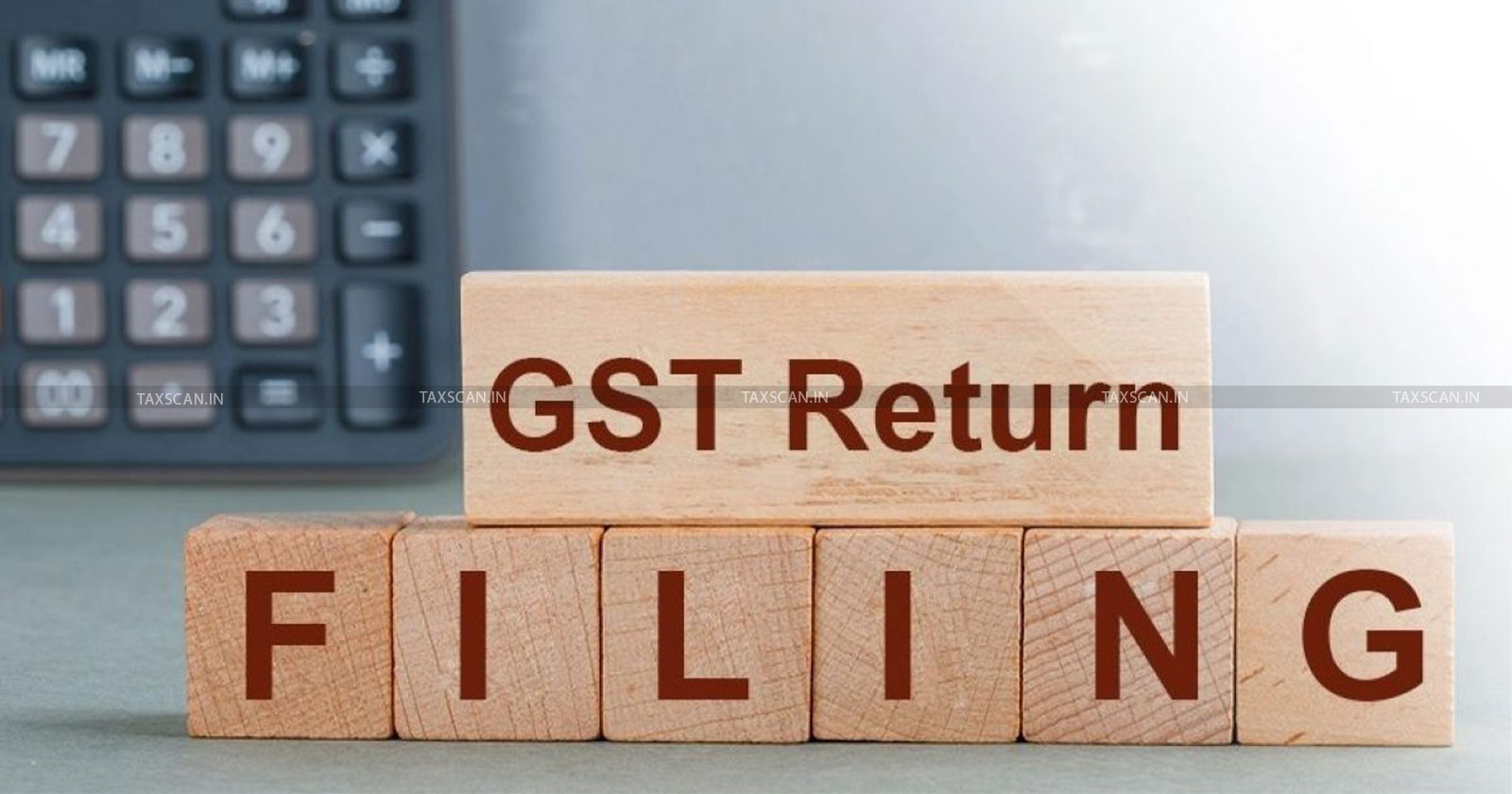Goods Belong to Consignor and not Transporter: Allahabad HC Sets Aside Seizure u/s 129(3) of GST Act [Read Order]
The bench held that no adverse finding was recorded against the transporter, who was merely engaged in the carriage of goods. The Court directed a refund of amounts deposited pursuant to the impugned orders, reinforcing that liability must rest with the consignor when ownership of goods is established
![Goods Belong to Consignor and not Transporter: Allahabad HC Sets Aside Seizure u/s 129(3) of GST Act [Read Order] Goods Belong to Consignor and not Transporter: Allahabad HC Sets Aside Seizure u/s 129(3) of GST Act [Read Order]](https://images.taxscan.in/h-upload/2025/11/22/2107435-allahabad-hc-gst-act-section-1293-of-gst-act-consignor-and-not-transporter-taxscan.webp)
The Allahabad High Court, in a recent ruling, has held that where ownership of goods is established with the consignor, liability for discrepancies in transit cannot be fastened upon the transporter.
Quashing seizure and penalty proceedings initiated under Section 129(3) of the GST Act against the petitioner, the Court ruled that in the absence of any finding of intent to evade tax or evidence of trading activity, proceedings against a carrier are legally unsustainable.
The petitioner, Anish Transport Company, was a proprietorship firm registered under the GST and engaged in the business of transportation of goods from one place to another.
The case arose when goods in transit from Dehradun to Delhi were intercepted at Meerut on 25 September 2020. Physical verification revealed that 138 cartons containing 16,295 boxes were loaded, whereas the e‑way bill declared 167 cartons with 19,685 boxes.
On this basis, the goods and vehicle were seized, and detention proceedings were initiated. A show cause notice was issued, culminating in an order under Section 129(3) dated 9 October 2020.
Comprehensive Guide of Law and Procedure for Filing of Income Tax Appeals, Click Here
 Also Read: Kerala HC Clarifies Retrospective Application of Extended GST Return Filing Deadline in ITC Cases [Read Order]
Also Read: Kerala HC Clarifies Retrospective Application of Extended GST Return Filing Deadline in ITC Cases [Read Order]
The goods were subsequently released on 16 October 2020 upon payment of an amount equal to the market price, with authorities recording that the goods belonged to M/s Balaji Enterprises and M/s Pharmaid Health Care, the consignor and consignee.
The transporter challenged the appellate order dated 26 October 2021, contending that once ownership of goods was established and release effected in favour of the consignor, no adverse inference could be drawn against the carrier.
Counsel argued that the firm was engaged solely in transportation, had produced the requisite documents, and was not involved in the sale or purchase of goods. The shortfall, it was explained, was due to human error by labourers during loading at night, not an attempt to evade tax.
The State defended the proceedings, asserting that the discrepancy between declared and actual goods justified seizure and penalty.
Comprehensive Guide of Law and Procedure for Filing of Income Tax Appeals, Click Here
However, the Court found that authorities had not recorded any finding against the transporter, nor established intent to evade tax. The bench of Justice Agrawal observed that once the consignor admitted the shortfall was due to human error, liability could not be shifted onto the transporter.
The Court noted that the release order itself categorically recorded ownership of goods with the consignor, thereby excluding the transporter from liability.
In a decisive ruling, the Court held that seizure of the vehicle and initiation of proceedings against the transporter were legally unsustainable. The impugned order was quashed, the writ petition allowed, and a refund of deposited amounts was directed in accordance with law.
Support our journalism by subscribing to Taxscan premium. Follow us on Telegram for quick updates


